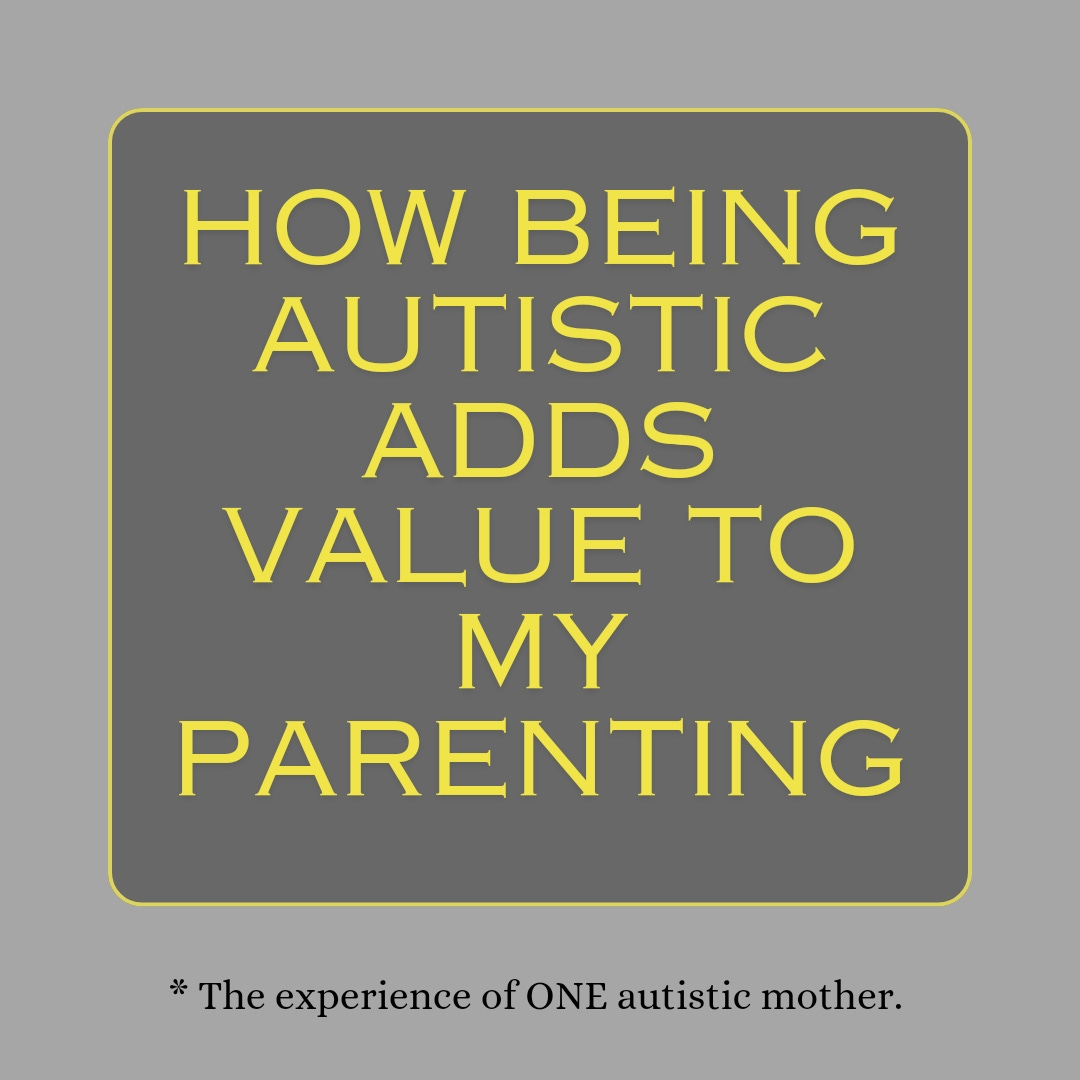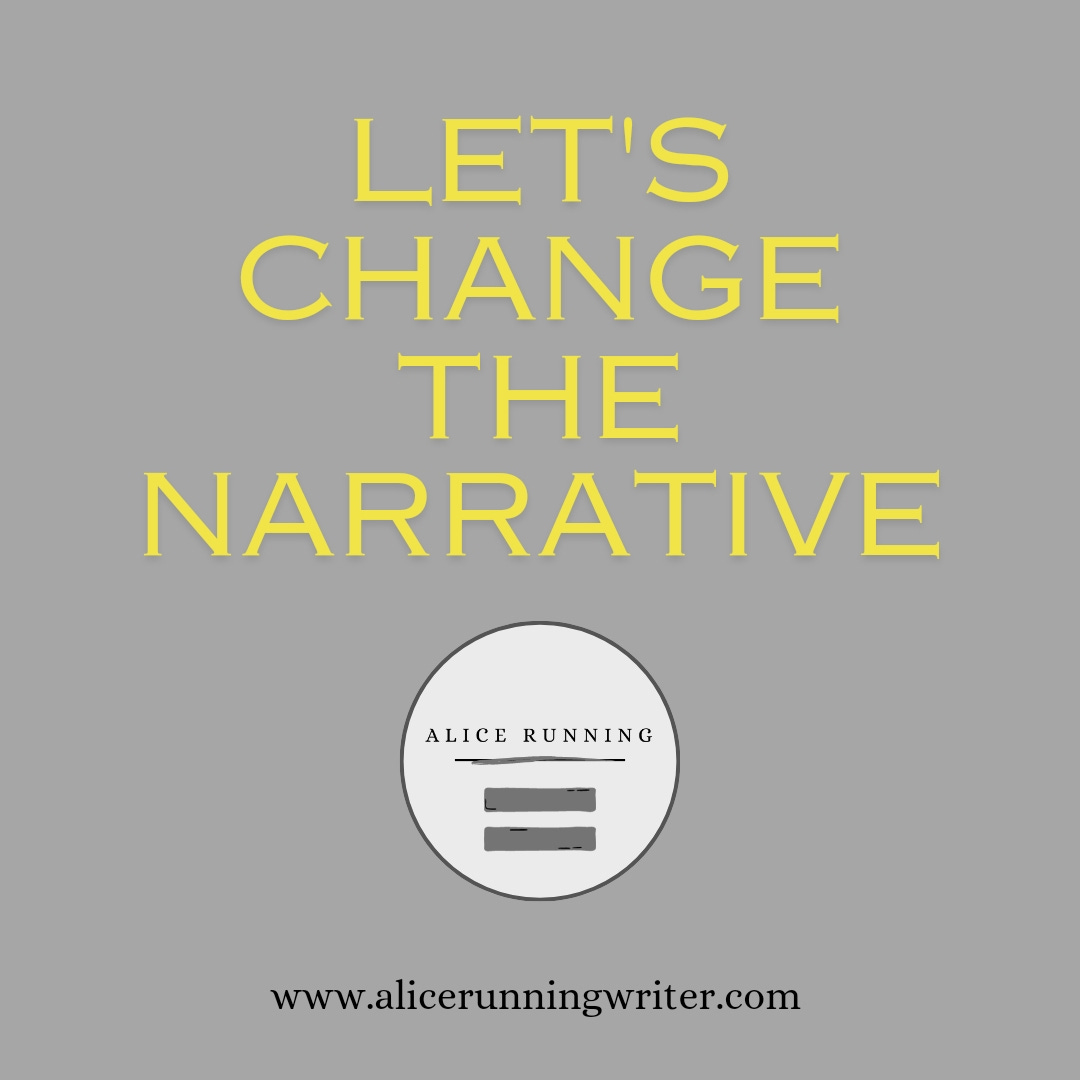13 ways in which being autistic adds value to my parenting.
*The experience of ONE autistic mother.
I have noticed how autistic parents are often treated differently by professionals involved with their autistic children. Autistic ways of being can be misinterpreted and viewed through the lens of safeguarding instead of neurodivergence.
Responses to the 2022 survey ‘Parental Blame and the PDA Profile of Autism’ (2023, Running and Jata-Hall) point to some autism-based service professionals profiling autistic parents (mothers in particular) in negative ways, irrespective of whether parents had shared their neurodivergence or not.
Some neurodivergent respondents to this survey shared how they had been labelled ‘manipulative’, ‘rigid’, or had their mental health called into question.
I chose to share my diagnosis of autism with some professionals working with my child and was met with a barrage of interrogation, demanding to know how I coped – ‘how did my autism impact my parenting?’
Such views of autism as a ‘bad thing’ – as a deficit or an impairment – are rooted in the long-term dominance of the medical model of understanding, which has historically sought to explain and place autistic minds as ‘disordered’.
Throughout modern history, disabled parents have been discouraged from having children, either by forced sterilization, deprivation of liberty, or by having children removed from their care. Autistic mothers in particular, have been ‘othered’ as being ‘deviant’, or ‘bad’, ‘neglectful’ or ‘without empathy’.
With autistic mothers being four times more likely to be falsely accused of emotionally harming their children by fabricating or inducing illness (FII) (2023, Clements and Aiello), entrenched and erroneous (mis)beliefs about autistic mothers remain persistent, leading to safeguarding professionals operating with an (un)conscious bias.
This narrative must be challenged.
There is nothing innate about the autistic mind which precludes an autistic person from parenting well.
Attitudes and perceptions must change.
And so, with this in mind, here are some of the ways in which my autistic-ness improves my parenting:
1. Nothing I do is half-hearted. My approach to life is intense. And so it follows that my love for my children is a deep, unwavering and unconditional love. This leads me to dedicate everything I have to give to the role of meeting my children’s needs.
2. Sharing a neuro-type with my children brings an innate connection and understanding of my children’s internal world.
3. There is a intuitive recognition of sensory needs, with a pre-made (tried and tested) sensory toolkit.
4. There is no blaming or shaming for autistic-related distress. I know exactly how overwhelm and loss of control feels.
5. I understand their ‘window of tolerance’. When they can, they can, when they can’t, they can’t.
6. Balancing output with downtime is a standard practice within our household, it is both encouraged and modeled.
7. I encourage pride in an autistic identity – not pathology.
8. There is no idealization of ‘normal ‘ or persuasion to ‘mask’.
9. My pursuit of knowledge through research empowers our autistic family to reject belittlement.
10. My strong sense of justice and morality makes for powerful advocacy.
11. I am honest and straightforward, this ensures transparency – there is no hidden agenda or hidden emotions for my children to decipher.
12. My high levels of organisation create well planned structure which provides security and stability through consistency and preparation.
13. My internal rejection of hierarchical parenting roles fosters true collaboration, bringing about reciprocal trust. (Particularly beneficial when parenting children with demand avoidance, anxious or PDA profiles.)
All autistic parents will bring a set of unique skills that will enhance their parenting. A good safeguarding professional will seek to identify these and refrain from viewing all autistic parents as a homogeneous whole, that are ‘of concern’ just because of their neuro-type.





